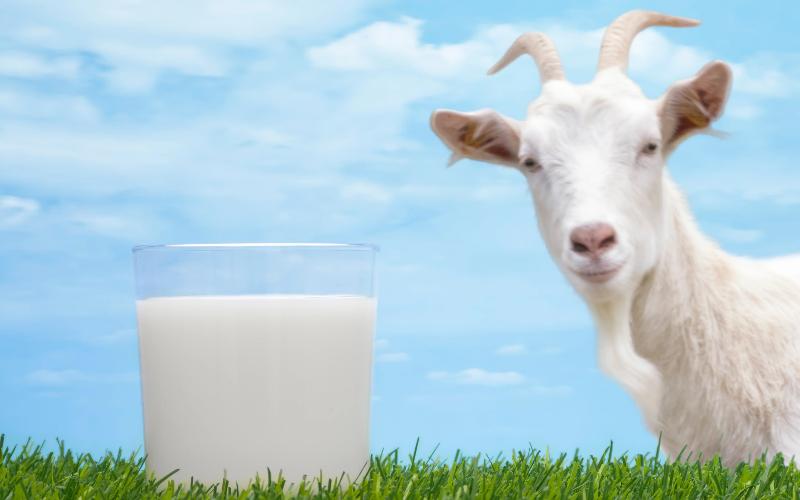Organic Goat Milk Now Costs 40% More

Organic goat milk has become known as "white gold" in the dairy market, offering goat producers a price premium of up to 40% over conventional milk. This significant increase is indicative of the growing consumer demand for natural, sustainable products with animal welfare guarantees. For goat farms, shifting to organic production is a promising strategy to enhance profitability and ensure long-term sustainability.
The price difference is due to the stringent requirements of organic certification, which include the use of chemical-free pastures, feed based on organic fodder, and a ban on preventative hormones and antibiotics, as well as ensuring free grazing and animal welfare. Despite potentially higher initial investments and operational costs, the premium price and growing market interest justify these challenges, making organic goat milk an appealing niche.
The demand is driven by factors such as increasing health awareness, the search for cow milk alternatives, and a preference for products with a lower environmental footprint. Consumers are willing to pay more for foods they perceive as purer and ethically produced. This trend not only benefits producers but also encourages the goat dairy industry to innovate and expand its range of organic offerings, from cheese to yogurt.
For goat dairy producers, this price differential represents a strategic opportunity to diversify business models and secure a more stable future. Organic goat farming is not only viable, but it is also evolving into a high-value segment within the dairy sector, attracting new investors and reinforcing farm specialization. It is a path that aligns profitability with environmental and social responsibilities.










